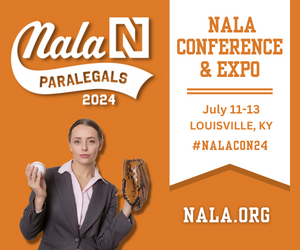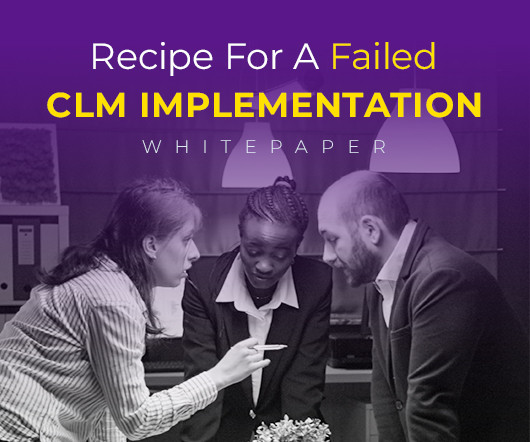Remember "Super Bowl", the "Olympics" and "March Madness" Are Trademarked Terms - Don't Use Them In Advertising Without Permission
Broadcast Law Blog
JANUARY 26, 2010
With the Super Bowl and the Winter Olympics less than 2 weeks away, and March Madness not far behind, we once again need to remind our readers that all three are trademarked terms, meaning that their use, particularly for commercial purposes, is limited. We've wrote here last year about the use of the term "Super Bowl" in commercials, and about the use of "Olympics" two years ago ( here ).




























Let's personalize your content